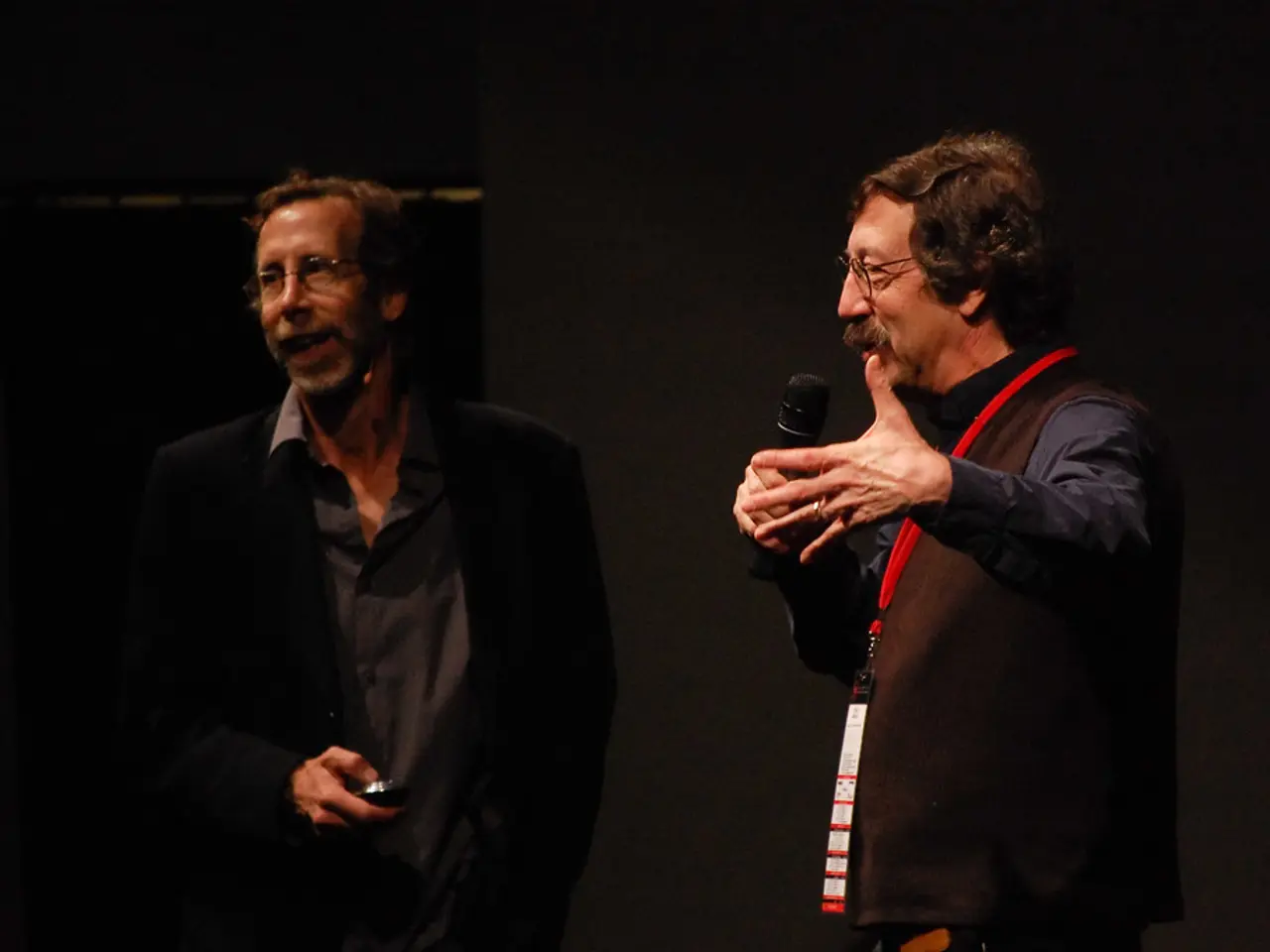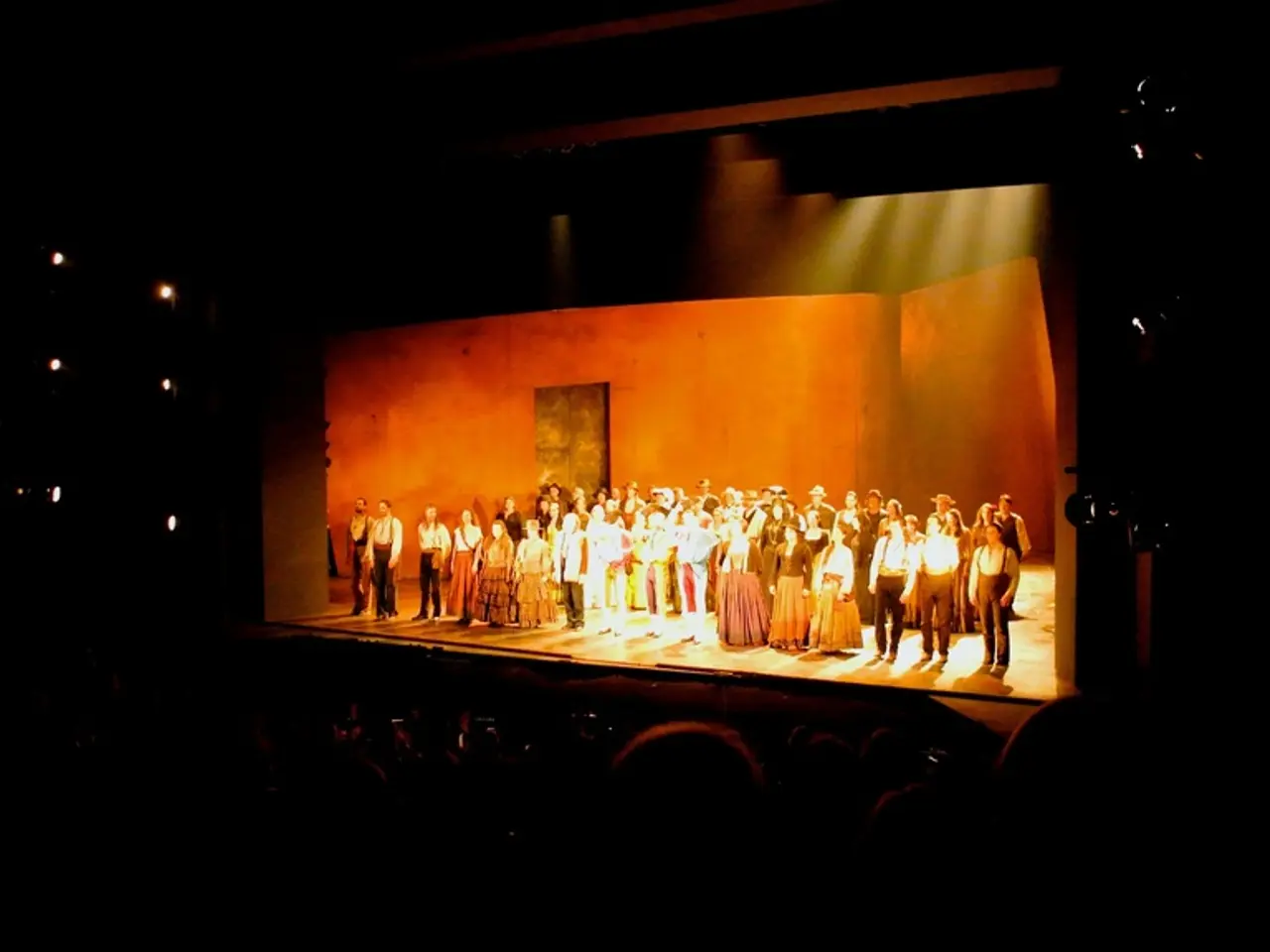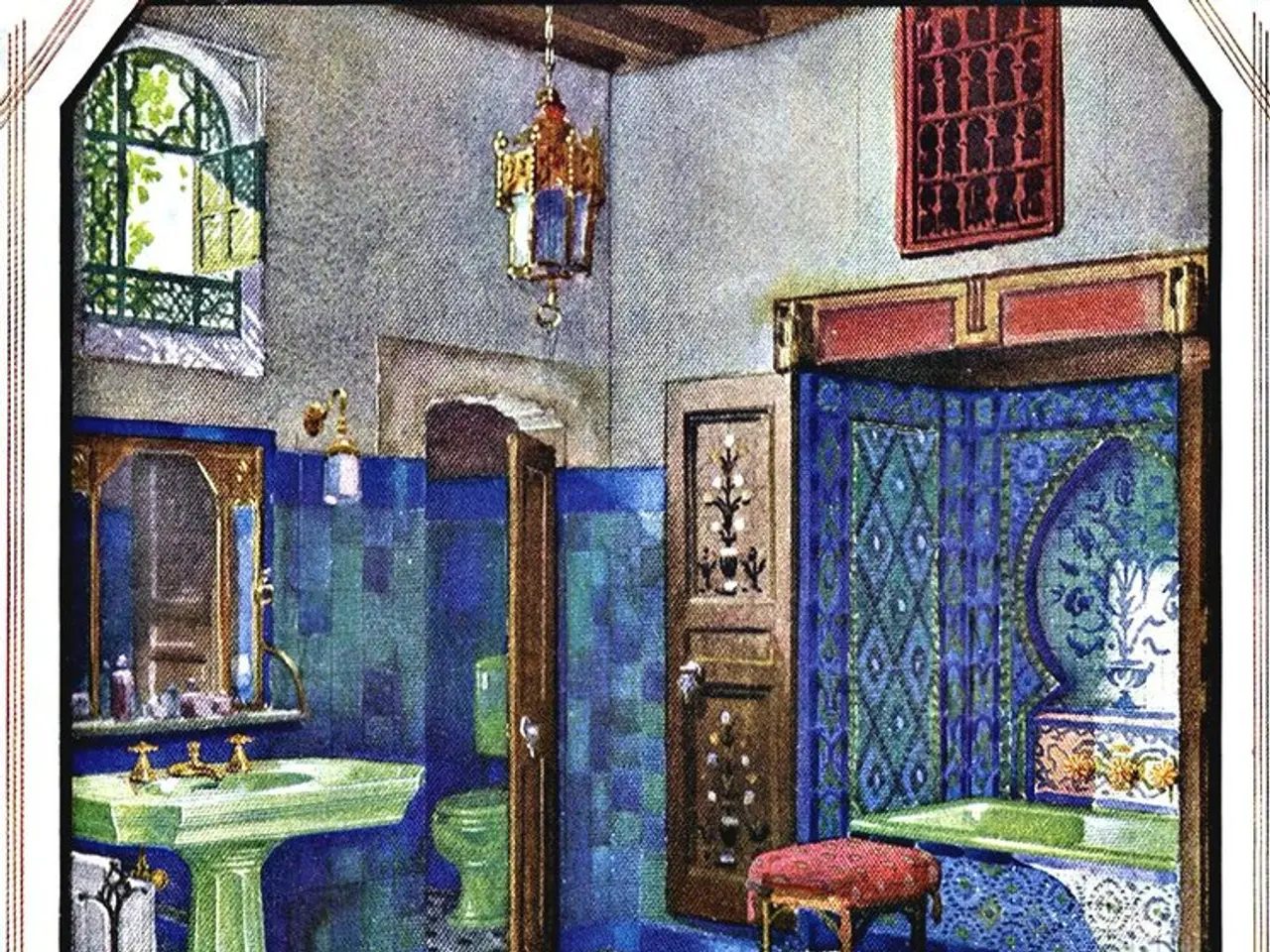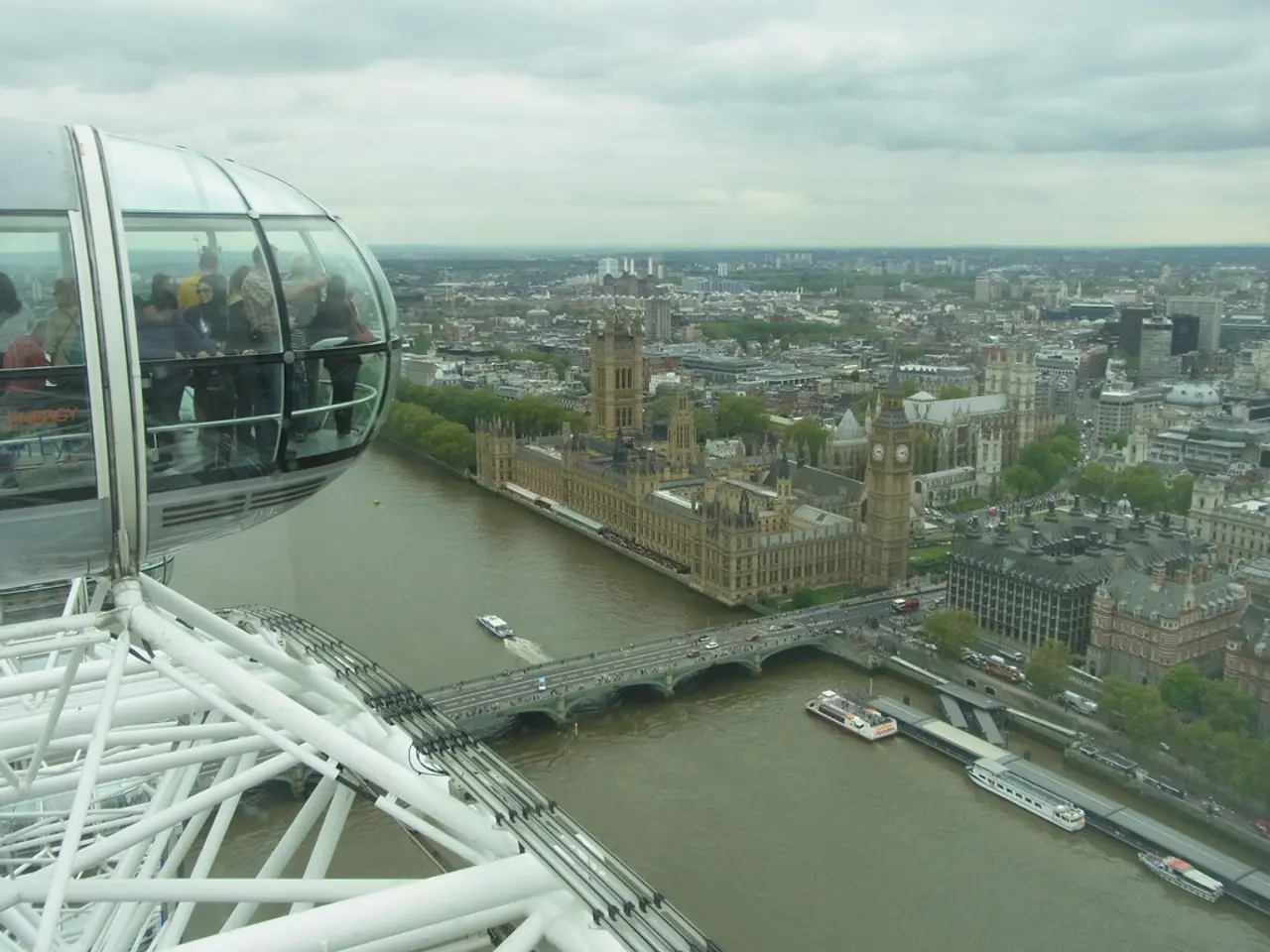"Kerala Chief Minister, Pinarayi Vijayan, fiercely criticizes National Award jury over their decision regarding The Kerala Story"
The recently released film, "The Kerala Story," directed by Sudipto Sen, has sparked controversy and division in India. The film, which portrays women from Kerala as victims of forced conversion and recruitment by ISIS, has been criticized for its inflammatory and politically motivated narrative.
Kerala Chief Minister Pinarayi Vijayan has been one of the film's most vocal critics, accusing it of distorting the reality of Kerala, a state known for its communal harmony, education, and resistance against divisive claims. Vijayan strongly condemned the film's teaser, which claimed that 32,000 women from Kerala had been radicalized and sent abroad, a figure disproven by official data from the National Investigation Agency.
The claim that 32,000 missing women from Kerala were forced into terrorism is widely disputed, and Vijayan called the decision to award the film at the 71st National Film Awards an insult to Indian cinema's noble tradition of promoting religious brotherhood and national integration. He urged Malayalis and democratic citizens nationwide to protest what he called an injustice and political misuse of art to foster communalism.
The Mamata Banerjee government in West Bengal followed suit and banned the film, citing concerns over its communal content and potential to disturb public order. This decision aligns with similar opposition from Kerala’s political leadership.
Despite the criticism, "The Kerala Story" won awards at the 71st National Film Awards, including Best Director for Sudipto Sen and Best Cinematography. However, the selection was controversial even within the jury: an 11-member panel member, Pradeep Nair, publicly revealed he objected to the film's recognition, calling it propaganda that defames Kerala, but was overruled by the majority.
Several groups, including the Film and Television Institute of India (FTII) students’ association, strongly denounced the film as state-endorsed propaganda that vilifies Muslims and demonizes Kerala.
In summary, the criticism and ban of "The Kerala Story" are largely due to the film’s alleged distortion of facts, propagation of hate speech, communal polarization, and political alignment with a majoritarian agenda, contrasting with the official recognition it received at the national level.
- The controversy surrounding the film "The Kerala Story" extends beyond India's borders, with numerous entities criticizing it for its alleged distortion of facts, hate speech, communal polarization, and political alignment.
- The film's portrayal of history and reality has been a subject of heated debate within the realm of general news, with many questioning its authenticity and political motives.
- In the world ofmovies-and-tv, "The Kerela Story" has been panned by critics and viewers alike, with many pointing to its inflammatory content and potential to incite hatred.
- The health of Indian democracy has been a topic of discussion due to the polarizing narrative of "The Kerala Story," with some fearing that the use of art for political gain could potentially harm national unity and religious brotherhood.








